The world’s longest-running study of human happiness revealed that the main things we need for a healthy life are close relationships. Our friends and loved ones literally help us lead longer, more satisfying lives.
As time goes on, it can be challenging to maintain long-standing friendships and make new ones. Knowing the importance of good friends, however, you will feel motivated to develop and nurture your relationships.
THE BENEFITS OF FRIENDSHIP
Friends can help you celebrate good times and extend crucial support during bad times. They can protect you from loneliness and give you a chance to offer needed companionship, too. Studies show that good friends can:
- Increase our sense of belonging and purpose
- Boost happiness and ease stress
- Improve our sense of self-worth
- Help us through painful times of transition or loss
- Encourage us to practice healthy habits such as exercise and good diet
Adults with strong social support have lower risks for major health problems, ranging from depression to high blood pressure and obesity. Researchers have confirmed that older adults with a rich social life are likely to live longer than their peers with fewer connections.
HOW MANY FRIENDS DO YOU NEED?
Quality counts more than quantity, as it turns out. While it’s good to cultivate a diverse network of friends and acquaintances, you also want to nurture a few truly close friends who will be there for you through thick and thin. Studies reveal that having a life mate who cares for you, along with one close friend who also offers affection and support, is enough to sustain good health and a long life.
If you’re having trouble making new friends, maybe you’ve overlooked people who are already in your social network. For example, you might find potential friends among people who’ve worked with you over the years – or those you’ve chatted with at social events. It’s worth looking up old friends you haven’t seen in a while to renew those contacts, too.
BUILDING YOUR FRIEND NETWORK
It’s relatively easy to find friends early in life when school and sports bring us together with new people of all kinds. Later on, we must make a conscious effort to foster the relationships that will sustain us.
Make friendship-building a regular part of your life. As you think of people who you’d like to spend time with, reach out to them. Ask mutual friends to share the person’s contact information, or to reintroduce the two of you via text or email. Extend an invitation to coffee or lunch.
To meet new people who might become your friends, go to places where others are gathered. Don’t limit yourself to one strategy. The broader your efforts, the greater your likelihood of success.
Persistence also matters. Take the initiative rather than waiting for invitations to come your way, and keep trying. You may need to suggest plans a few times before you can tell if your interest in a new friend is mutual.
Here are more avenues for finding new friends:
- Attend community events, especially those centered around your interests and hobbies
- Volunteer for worthy causes you care about
- Try something new – a class at a local college or university, for example, or dance lessons
- Join a faith community, taking advantage of special activities for new members
- Take regular walks in your area and chat with people you meet along the way
Above all, stay positive. You may not become friends with everyone you meet, but maintaining a friendly attitude and demeanor can help you improve the relationships in your life – both old and new.
A LIFETIME OF HEALTH AND SATISFACTION
As an experienced therapist working in the Edmonton area, I know that the quality of our relationships is crucial for our well-being. But friendship and intimacy with others can be challenging too. If you are having trouble finding the closeness you need, you may benefit from counselling to help you gain perspective. Therapy can provide the support you need to feel confident in building stronger relationships. If you’d like to discuss this or any other difficulty you are experiencing with friends and family, please reach out to me today.
Source

